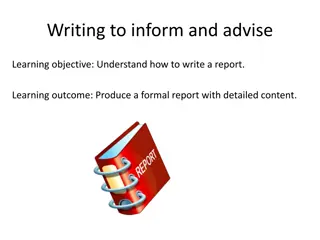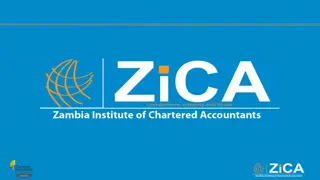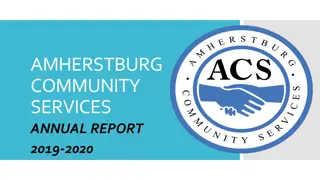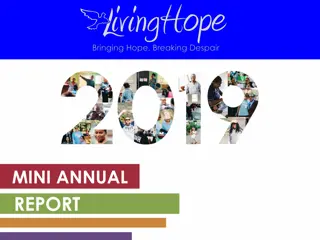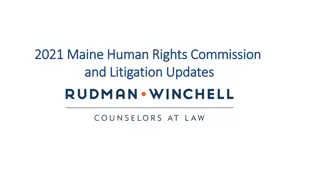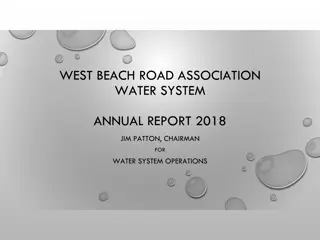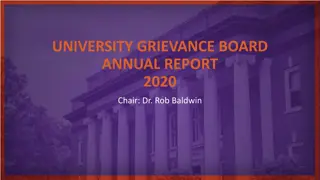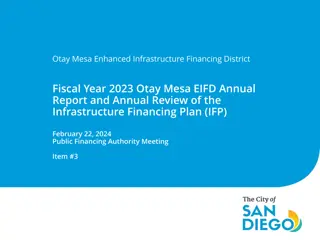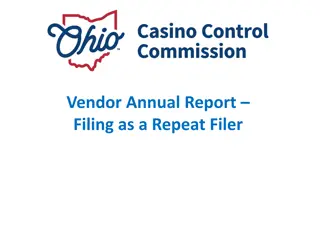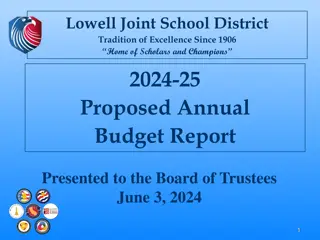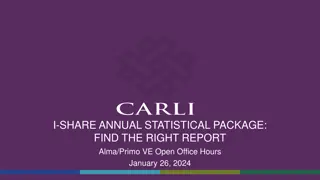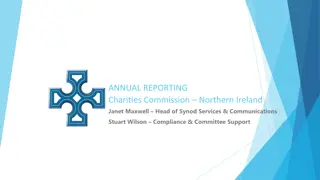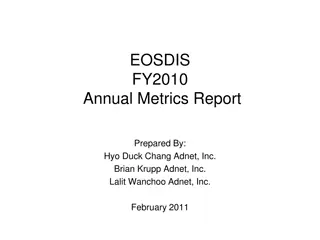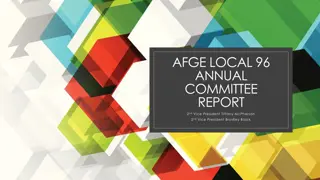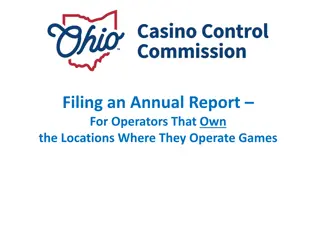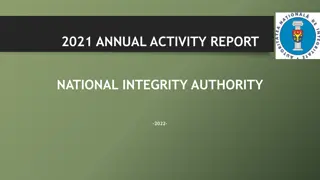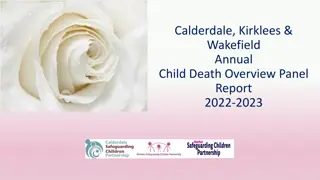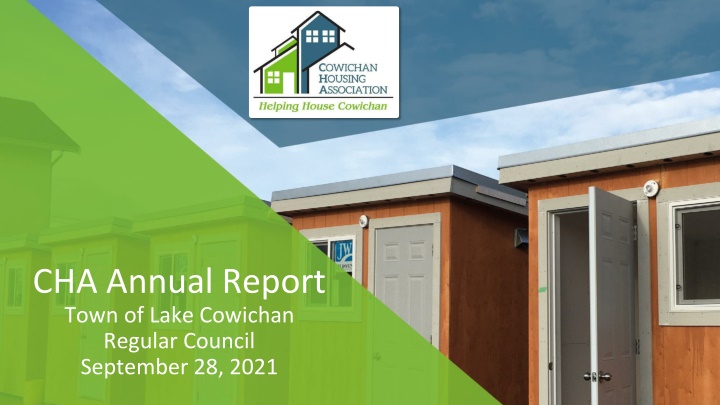
Emergency Response Plan for Vulnerable Populations in Cowichan Valley
"Explore the comprehensive Emergency Response Plan created for the Vulnerable Populations in Cowichan Valley, including efforts to address homelessness, housing crisis, and the impact of the COVID-19 pandemic. Learn about the initiatives, challenges, and developments in regional housing services to support those in need."
Download Presentation

Please find below an Image/Link to download the presentation.
The content on the website is provided AS IS for your information and personal use only. It may not be sold, licensed, or shared on other websites without obtaining consent from the author. If you encounter any issues during the download, it is possible that the publisher has removed the file from their server.
You are allowed to download the files provided on this website for personal or commercial use, subject to the condition that they are used lawfully. All files are the property of their respective owners.
The content on the website is provided AS IS for your information and personal use only. It may not be sold, licensed, or shared on other websites without obtaining consent from the author.
E N D
Presentation Transcript
Covid-19 Vulnerable Populations Cowichan Task Force Emergency Response Plan Start Date: May 19, 2020 CHA Annual Report Town of Lake Cowichan Regular Council September 28, 2021
Year in Review - Outline April 1, 2020 March 31, 2021 Compassion and tolerance are not a sign of weakness, but a sign of strength. Dalai Lama The Year of the Pandemic Our Programs Regional Housing Service Highlights Covid-19 Task Force for Vulnerable Populations Financials (Breakdown of Funding) Housing Crisis, Challenges and Needs Assessment Emerging Issues Housing Policy Challenges and Recommendations
The Year of the Pandemic March 11, 2020 WHO declared COVID-19 a pandemic Concern for homeless population to access services and self-isolate BC Housing funding to create temporary housing for people experiencing homelessness Covid-19 Task Force for Vulnerable Population created emergency housing plan Increase in homelessness: 270+ on waitlist for 99 units of supportive housing 129 identified in 2020 PIT count Dramatic rise in housing prices average sale price for a single- family home $693,200, 28% jump in 12 months Two pandemics (COVID & Opioids) and a housing crisis Photo (above): Cowichan Valley Citizen
Regional Housing Service 3. Emergency Contingency Fund 2% ($10,000) 1. Rental Housing Capital Contribution Fund - 85% ($425,000) 2. Project Development Fund 13% ($65,000) $20,000 was approved by the CVRD in 2021 to assist those displaced by the Lewis Street apartment fire on December 31, 2020. $75,000 in total PDF was awarded in 2020- 2021 to the Duncan Housing Society and to the Cowichan Lake Elder Care Society to further develop their proposed projects in the City of Duncan and the Town of Lake Cowichan. In March 2021, Cowichan Lake Elder Care Society was successful in their application for $175,000 towards an affordable seniors development in the Town of Lake Cowichan.
Covid-19 Task Force BC Housing operations funding in place for Ramada/cabin sites until March 31, 2022 Ramada closure expected November New supportive housing: Drinkwater Rd 51 units opening November (?) White Rd 49 units opening Spring 2022 UBCM Application for $2.5 million 1 year emergency homelessness response 40 new cabins and wrap-around support Rapid Housing Initiative re-submission Aug. 31, 2021 ($21.9 million; 52 new homes) Cowichan Tribes partnership $1.6 million COVID Emergency Response Dollars administered by CHA in 2020-2021
Financials Operations 6%: CVRD Funding of $112,000 for affordable housing support, administration and overhead. Services 7%: CVRD funding of $138,000 for Regional Housing Trust Fund-related development, research, data collection, community collaboration and education. RH Indigenous 1%: Emergency Assistance Program Lewis St. Relocation 1%: Tenant Support for relocation 2020-21 Total Budget $1,951,476 CVRD Housing Needs Assessment 1%: Research and data collection, community engagement and education. Covid Response 84%: Combined funding to shelter homeless population during Covid-19
Housing Crisis and Challenges Dramatic rise in housing prices avg. sale price for a single-family home $693,200, an 28% jump in 12 months Most affected are first time home buyers Acute rental shortage Rental prices ballooning (i.e., $1000/month for a bachelor s suite) Renovations/renovictions Vacation rentals First Nation, youth, minorities, and people receiving income or disability assistance find it extremely difficult to find rentals due to discrimination
Emerging Issues Lack of appropriate (zoned, accessible) land for social housing projects Women s shelter UBCM appeal for land and no local government land holdings Rapid Housing Initiative 2 - no appropriately zoned land available for sale Workforce housing challenges New hospital = more jobs = housing need Tourism and retail sectors Increase of citizens living in non-standard housing, couches, and vehicles Aging rental stock fires & renovictions causing displacement of lower income individuals Ending of COVID specific policies re housing protections
Comprehensive & Consistent Regional Affordable Housing Policy Framework Needed Policy Framework: 4 themes 1. Land provision and acquisition 2. Preservation of rental housing 3. Housing market barrier controls 4. Increase affordable rental stock Beyond Policy: Relax bylaw enforcement on non-standard housing
Recommendations Identify, protect, and acquire all land suitable for affordable housing Land acquisition and protection policies Have zone-ready land for future Rapid Housing funding calls with fast- tracked development permitting processes Support a region-wide workforce housing strategy and implementation Relax bylaw enforcement on non-standard housing and develop policy to allow for temporary housing such as RVs (see Valemont, BC policy) Develop vacation rental business license for stats purposes to understand affects on rental stock
THANK YOU Questions?


